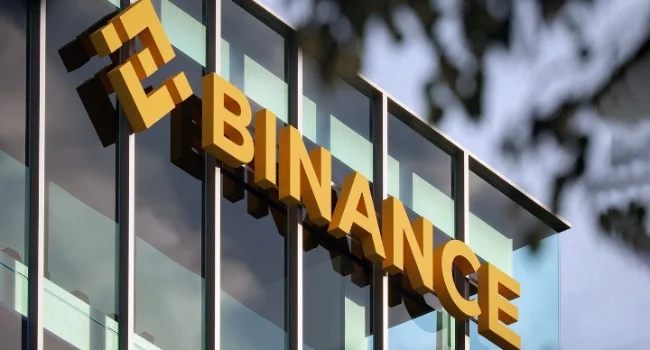The price pressure that pushed Bitcoin (BTC) down to the $64,000 level may be due to direct selling from old Bitcoin whales. The profit-taking also comes from relatively old wallets, which break the expectation of holding for an even longer time horizon.
The early days of Bitcoin created many inadvertent holders. People consider up to 3M coins unmovable, locked, or forgotten in some way. Holdings from accounts aged 7-10 years are gradually declining, with some signs of selling happening in June.
Data by Satonomics shows sellers can also be found among accounts held for 2-3 years. The first accounts, up to 15 years old, largely reveal no activity and are considered lost or held on purpose. Newer wallets still keep their holdings or accumulate more recently sold coins.
The narrative of “veteran whales” was also seen through Coinglass data, which revealed a big $1.2B sell wall. Selling that amount of BTC took about two weeks, explaining the recent flat price performance despite other bullish indicators.
Bitcoin whale selling pressured BTC under $64,000
BTC continued to slide over the past week, while analysts noted significant spot trading. BTC retreated to $63,886.32 ahead of the weekend, extending the slide after barely seeing $64,000 as support.
Read: Traders bet big on $100K Bitcoin calls, eyeing major rally in 2025
In the past few days, traders noted that sell orders at $65,800 had quickly filled but also dragged down the price. The silver lining for recent selling is that finite actual coins are coming into the market and that a rally may follow once the selling pressure subsides.
The current selling is becoming more visible, while there were speculations of OTC liquidation in the past weeks. At this point in the cycle, the selling is puzzling to Bitcoin maximalists, who see more long-term potential in holding onto the coins. However, the fear of losing the current market peak may be causing some profit-taking in preparation for buying lower.
The sell-off has been noted for the whole of last week. The slide under $70,000 for BTC meant buyers also absorbed around 50K coins. Whale wallets’ selling also coincides with miners’ inflows, who still need to finance operations.
One explanation for the spike in selling is a large-scale holding of confiscated BTC, controlled by the German government. On-chain analysis noted transactions from those known whales onto exchanges, with the potential to liquidate the coins.
The known German government wallet sold another 300 BTC on the last day alone. The wallet still holds more than 47K coins, and the Kraken deposits are not responsible for the selling pressure.
Some observers also perceive the selling as a “spoof” strategy to encourage other token holders to unload their BTC in anticipation of buying at a lower price.
BTC loses enthusiasm along with the stock market
The short-term selling of BTC suggests a general loss of expectations for a bull market without corrections. The slide in crypto follows a slowdown for the S&P500 and a downturn for NVDA shares. BTC is not always going against the trend of stock markets. As a mainstream asset, BTC also saw outflows from its major ETF.
BTC may have support from insiders and another group of willing buyers. MicroStrategy acquired another 11,193 BTC into its treasury. The MicroStrategy buying is seen as a factor in keeping BTC flat, without sliding to a lower range.
Also read: Bitcoin set to hit $200k in 2025, Bernstein analysts
There are also signs that the Bitfinex Whale, a known trader or bot, has been buying again at the current levels. Bitfinex is often seen as a proxy indicator for a reversal, especially if the exchange signals a form of accumulation.
In addition to buying activity, the last day saw a significant transaction of Tether (USDT) directly into Bitfinex. During previous bull markets, an injection of 270M USDT supported the BTC price. The injection of new liquidity may be coming directly from Tether, not because of an external buyer.
Cryptopolitan reporting by Hristina Vasileva





